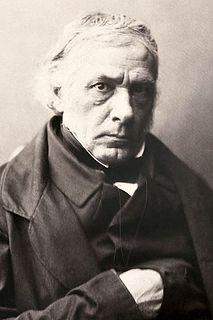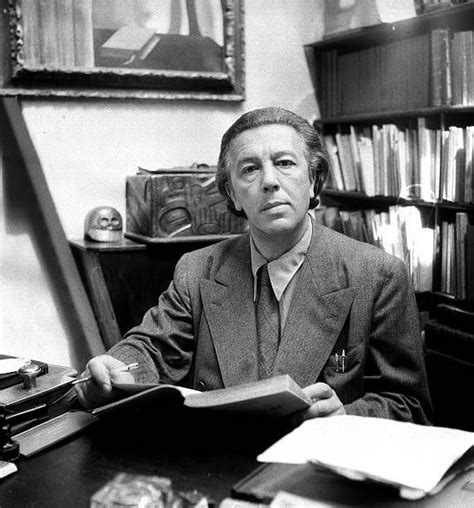A Quote by Max Beckmann
Art is creative for the sake of realization, not for amusement... for transfiguration, not for the sake of play.
Quote Topics
Related Quotes
Be creative in that sense and your creativity will become an offering to God. God has given you so many gifts, Garima; something HAS to be done just in deep thankfulness. But remember: with no motive, not as a means but as an end unto itself. Art for art's sake, and creation for creation's sake, and love for love's sake, and prayer for prayer's sake.
Freedom is necessary for two reasons. It's necessary for the individual, because the individual, no matter how good the society is, every individual has hopes, fears, ambitions, creative urges, that transcend the purposes of his society. Therefore we have a long history of freedom, where people try to extricate themselves from tyranny for the sake of art, for the sake of science, for the sake of religion, for the sake of the conscience of the individual - this freedom is necessary for the individual.
In college, I was a painter, and I had a strong interest in fashion. I just like this concept of being able to dream something, materialize it, play with it and design it for the sake of someone else and for the sake of the joy in your own heart. So it's kind of like art that you're unattached to. It's art that you give away freely and I liked that about fashion.
Aside from higher considerations, charity often operates as a vastly wise and prudent principle-a great safeguard to its possessor. Men have committed murder for jealousy's sake, and anger's sake, and hatred's sake, and selfishness' sake, and spiritual pride's sake; but no man that ever I heard of, ever committed a diabolical murder for sweet charity's sake. Mere self-interest, then, if no better motive can be enlisted, should, especially with high-tempered men, prompt all beings to charity and philanthropy.
Norman Rockwell spent his career painting pictures that helped people understand their own feelings...pictures that enriched their own experiences and celebrated their own lives. But the art establishment branded him an 'illustrator', a sentimental one at that. Real artists, they said were doing art for art's sake, not for the sake of the bourgeois public. Real artists were putting swiggles, smears or daubs of paint on the canvas. They were doing 'innovative' and 'creative' work. If they were hideous and grotesque; we know that's what life really is!
Cookery is a wholly unselfish art: as 'art for art's sake' it is unthinkable. A man may sing in his bath every morning without the least encouragement, but no cook can cook just for his or her own sake in a like manner. All good cooks, like all great artists, must have an audience worth cooking for.
Feuerbach ... recognizes ... "even love, in itself the truest, most inward sentiment, becomes an obscure, illusory one through religiousness, since religious love loves man only for God's sake, therefore loves man only apparently, but in truth God only." Is this different with moral love? Does it love the man, this man for this man's sake, or for morality's sake, for Man's sake, and so-for homo homini Deus-for God's sake?








































